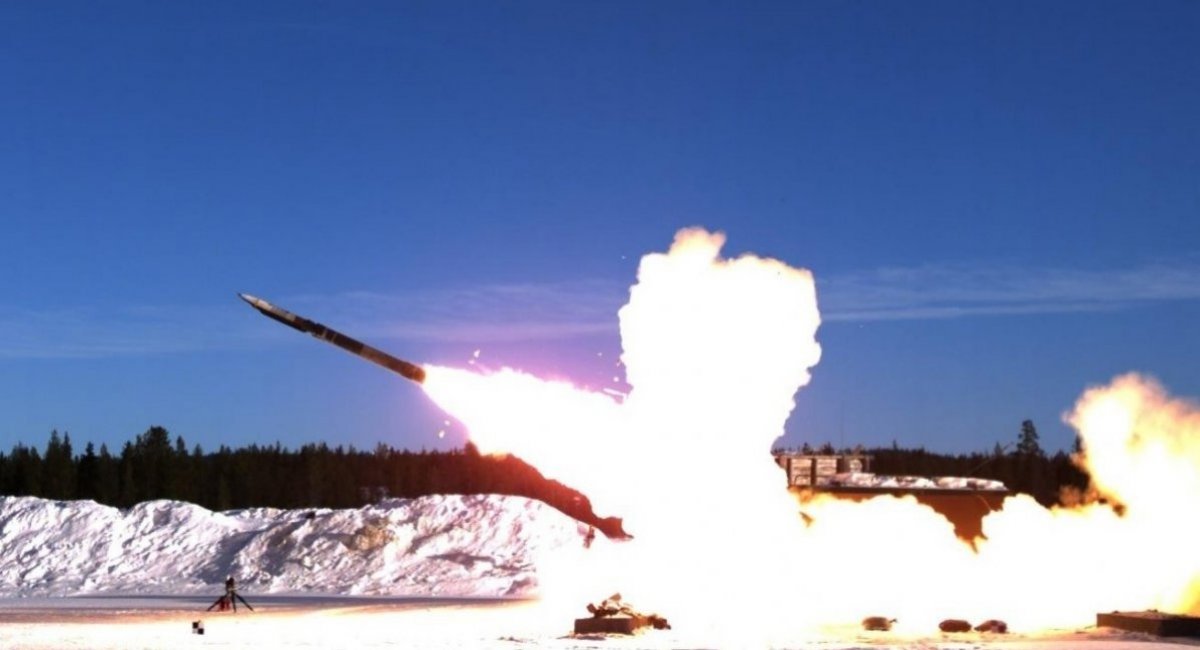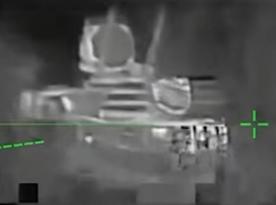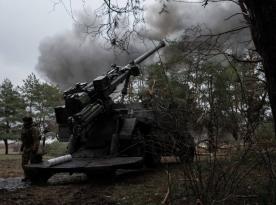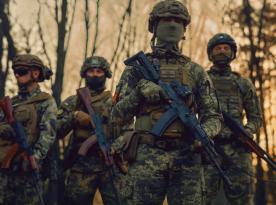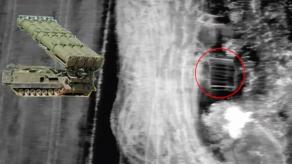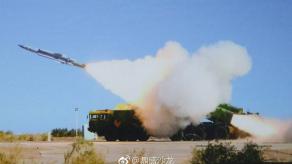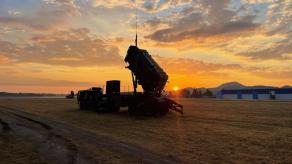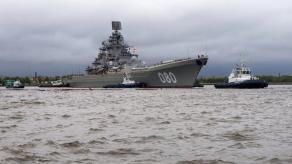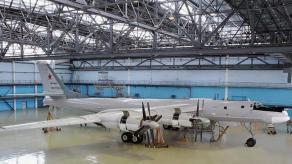Today, a number of Western arms manufacturers supplying the Ukrainian Armed Forces have the opportunity to promote their models with the label "battle proven." This refers to testing and operation in truly difficult and harsh battlefield conditions. For some countries, "battle-proven in Ukraine" is now a key requirement when buying weapons for their militaries.
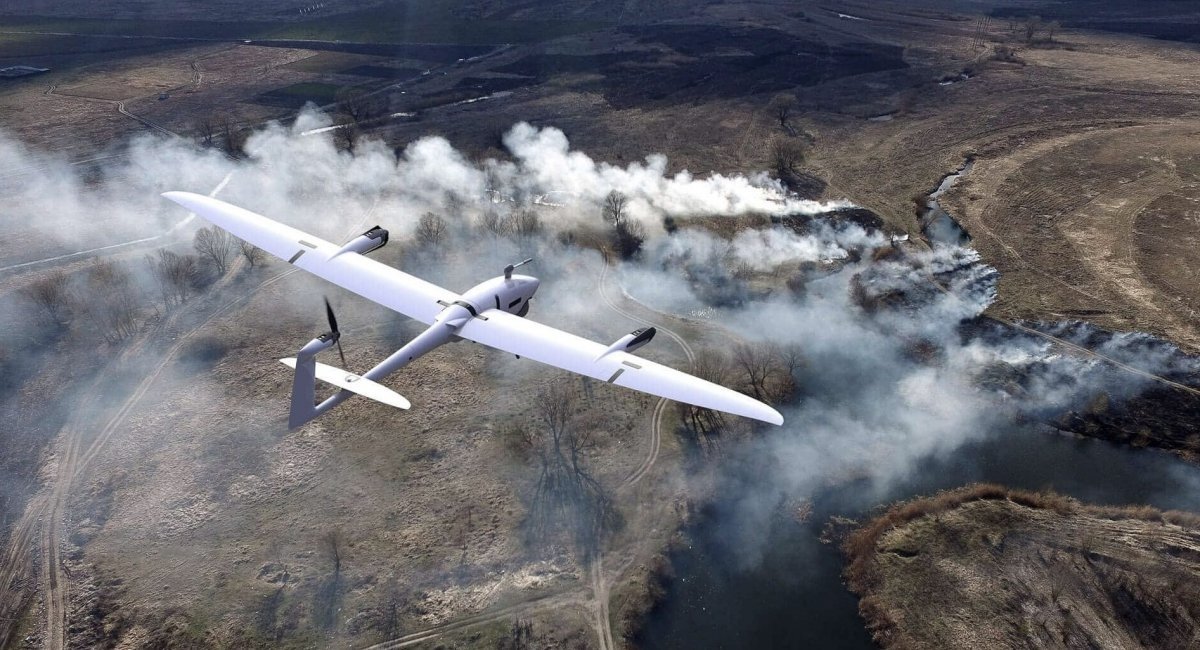
For instance, the chief of the Royal Danish Army, Major General Peter Harling Boysen said that when communicating with arms manufacturers, he usually asks whether their products have been used in Ukraine, according to Breaking Defense.
Read more: Pelican 2 Agricultural Drone Manufacturer Pyka is Moving Into Production of Autonomous Long-Range Heavy-Lift Military UAS
"For new [supply] chains and new technologies, I’m never going to buy anything that hasn’t worked in Ukraine", Peter Harling states.
A similar opinion was expressed by his colleague, Lieutenant General Pasi Välimäki, Commander of the Finnish Army. He said they need weapons that have demonstrated their effectiveness and that it is far easier to prove a product's real capabilities when it is being used in Ukraine.
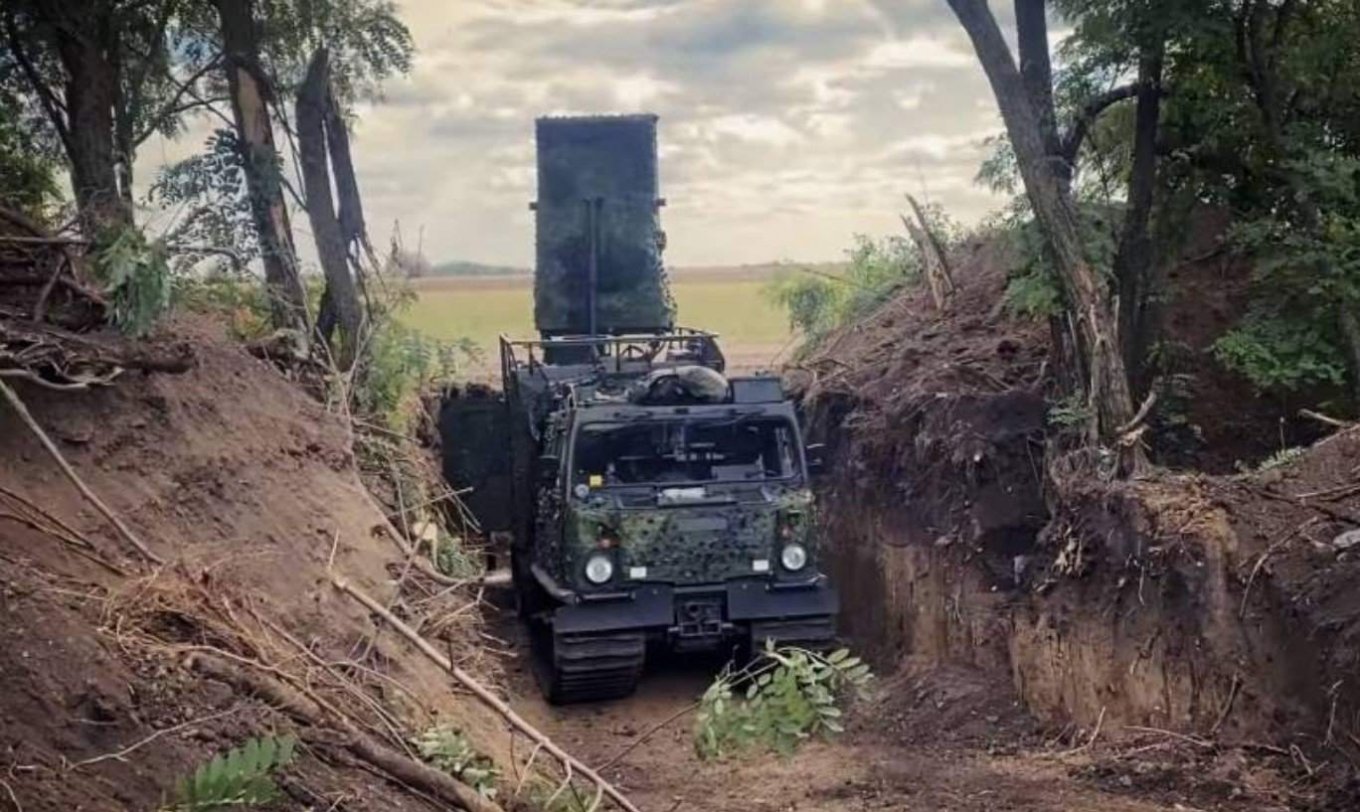
The statements made by Latvia's state secretary, Aivars Puriņš are also revealing, as he emphasizes the importance of testing weapons in real combat conditions.
"We have had too many stories, I think, over these years in Ukraine [where] the best technology solutions were deployed, and suddenly they did not work as they were kind of supposed to be and that's the … logic we should not be repeating," notes Puriņš.
A striking confirmation of his words can be found in the story with the GLSDB (Ground-Launched Small Diameter Bomb) for HIMARS and M270, which arrived in Ukraine in early 2024 and failed in real combat conditions because it proved vulnerable to russian electronic warfare.
The story ended with the completion of the GLSDB refinement, and in March this year, it was announced that the main flaw had been fixed and successful tests had been carried out.
In this context, it is worth mentioning Germany's Vector reconnaissance drones, produced by Quantum Systems, which reportedly began "falling from the sky" a few months after the first batches were delivered to Ukraine. According to feedback from the Ukrainian military, German specialists have refined this drone. Quantum Systems is now actively cooperating with Ukraine and has opened a UAV production plant in Ukraine.
Earlier, Defense Express reported that Ukraine had officially begun purchasing Bell AH-1Z Viper attack and UH-1Y Venom transport helicopters.
Read more: $22 Billion Battle for the Future of Military AR Glasses Has Just Begun




